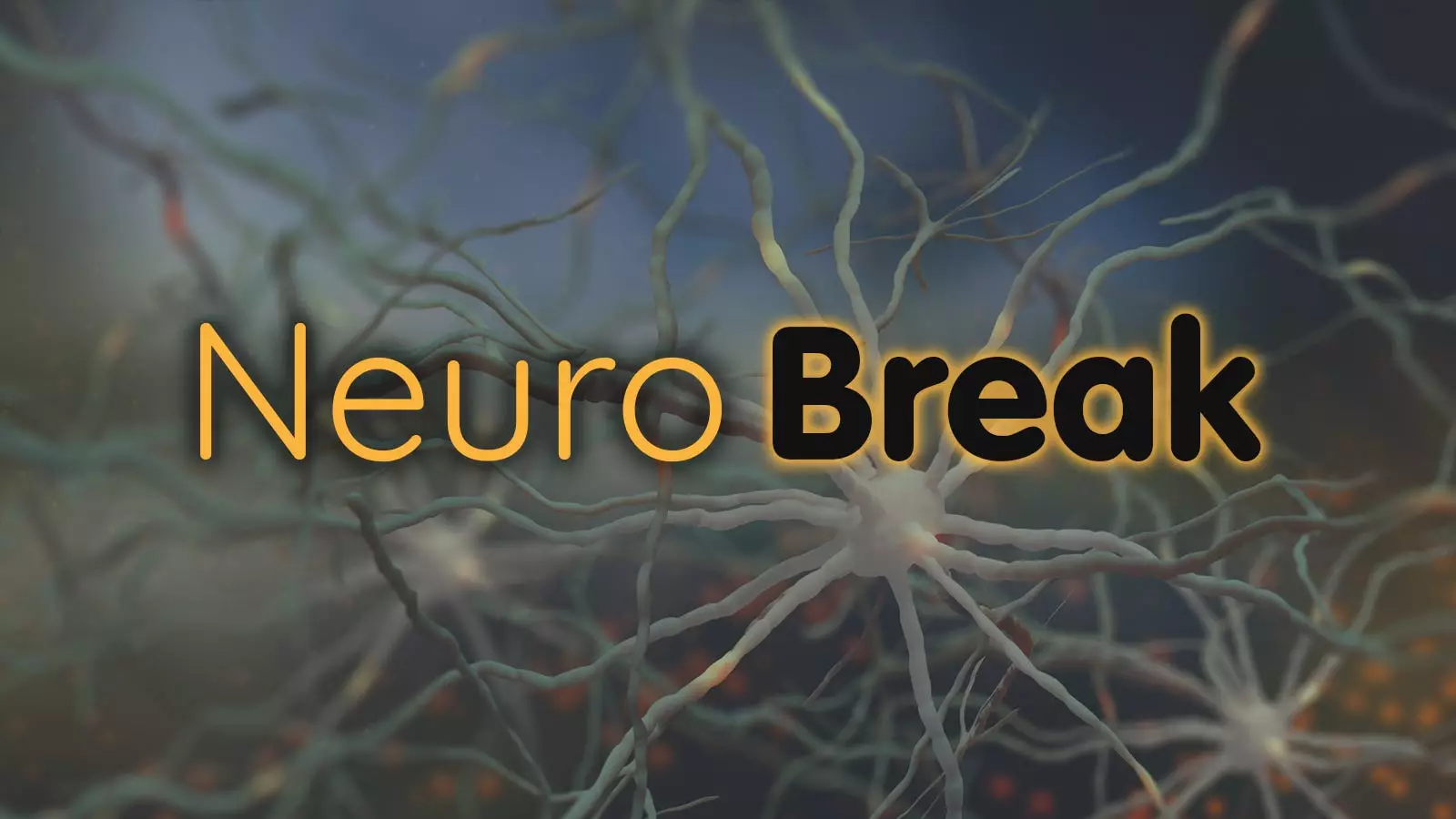One of the fascinating aspects of dementia is that some patients experience a brief period of clarity before their death. This phenomenon has puzzled researchers for years, and the reasons behind it remain largely unknown. While some theories suggest that it could be due to the fluctuating nature of the disease, others believe there may be underlying biological factors at play.
Recent research has shed light on the protein FLVCR2, which is believed to be a crucial choline transporter responsible for most choline uptake into the brain. Understanding the role of this protein could potentially pave the way for new treatments and interventions for conditions that involve choline deficiency.
Intravenous immune globulin (IVIG) has shown promise in treating new-onset small fiber neuropathy following SARS-CoV-2 infection. This highlights the importance of exploring alternative treatment options for neurological conditions, especially in the context of emerging infectious diseases.
Intravenous acyl-ghrelin has been identified as a safe and potentially effective treatment for improving neurologic outcomes in individuals in a coma after cardiac arrest. Similarly, repetitive transcranial magnetic stimulation has shown promising results in enhancing cognition and functional connectivity in individuals with early Alzheimer’s disease. These advancements open up new possibilities for improving outcomes in patients with neurologic conditions.
Utilizing advanced imaging techniques, researchers have successfully mapped a subcortical brain network that may play a critical role in integrating arousal and awareness in human consciousness. This groundbreaking discovery offers valuable insights into the complex mechanisms underlying consciousness and could have significant implications for understanding various neurological conditions.
From investigational drugs for early symptomatic Alzheimer’s disease to innovative spinal cord stimulators for chronic pain, the field of neurology continues to witness rapid advancements in treatment options. With ongoing research and clinical trials, there is hope for improved outcomes and quality of life for individuals with neurological conditions.
The field of neurology is constantly evolving, with new discoveries and advancements shaping the way we understand and treat conditions such as dementia and Alzheimer’s disease. By exploring innovative treatment options and unraveling the mysteries of the human brain, researchers are paving the way for a brighter future for patients with neurological disorders.



Leave a Reply